"I CAVALIERI DELLE COLLINE" MUSEUM
The “i cavalieri delle colline” museum tells the story of the rural aristocracy of Masullas and Parte Montis, whilst also telling the story of the aristocracy in Sardinia.
The visit begins with the main events marking Sardinia’s history, from the Judicates -Sardinia’s Medieval Kingdoms- to the period ruled by the Savoy Royal Family and their grants of noble statuses. A description of the territory under the administrative and judicial point of view follows this section; this second part of the visit also examines the relationship between the aristocracy and the local Church, and the humble conditions in which the villagers lived. A large section is completely devoted to the history of local noble families.
The museum’s mission also aims at improving the knowledge and fostering a dialogue with the young generations on the chronological evolution of justice and legality.
Your visit is enriched by valuable artistic works, weapons and documents that belonged to local nobles, a number of reconstructions of dresses of the time, precious and ancient books, the orographic representation of the territory with the respective villages (also the missing ones), by objects used in different Kingdom’s bodies, illustrations about the architecture of noble houses, etc.
Our learning room is equipped with IT workstations for in-depth investigations and research and presents original technological solutions to encourage young people to learn more about the topics addressed by the museum; it also contains a rich collection of books on the same topics.

POLO MUSEALE MASULLAS
More...
...allodiale, con la prerogativa di successione anche per linea femminile e l’esercizio in sede giurisdizionale del mero et mixto imperio, che concede il potere di amministrare la giustizia sia nel civile che nel criminale.In ogni curatoria o baronia appartenente al Marchesato vengono istituite le curie baronali e sono nominati i diversi giudici. Le cause sono spesso di natura fiscale, altre riguardano fatti criminali. L’amministrazione della giustizia feudale risulta però confusa e arbitraria: curie senza archivi ordinati, personale dotato di scarsa preparazione, corruzione e connivenza con i bandos organizzati, carceri ridotte al solo ceppo e in locali molto ristretti.
Masullas, oltre alle milizie, ospita in questi locali la curia baronale con le relative carceri.
Nel 1564, per fermare lo strapotere dei baroni nell’amministrazione della giustizia, il sovrano spagnolo Filippo II istituisce il tribunale della Reale Udienza, che giudica in appello sulle cause tra vassalli, villaggi e feudatari.
A farne parte sono letrados esperti in materie giuridiche. L’incarico più importante all’interno della magistratura è il Reggente della Reale Cancelleria, coadiuvato da altri giudici, come l’Avvocato Fiscale.
In seguito alla richiesta degli Stamenti nel Parlamento, nel 1651 viene istituita la Sala Criminale della Reale Udienza, con competenza sulle cause di natura penale.
Il ruolo che la Reale Udienza assume nel corso del periodo spagnolo non è meramente giuridico, poiché essa col tempo diventa un organo consiliare che supporta i viceré nel governo del Regno.
Info
Ex Convento dei Cappuccini
Via Cappuccini, 57
09090 MASULLAS (OR)
Sardegna
Italia
coopilchiostro@tiscali.it
Collegamenti
- Atti amministrativi
- Termini e condizioni
- Privacy Policy
- Cookie Policy
- CEAS
Newsletter
Iscriviti alla nostra newsletter per rimanere aggiornato sugli eventi del polo museale del comune di Masullas
SOSTEGNO PUBBLICO
PROGETTO NEOLITHIC PARK 3D
CUP: E78D17000220007
Bando CultureLab “Sostegno finanziario alle imprese del settore culturale e creativo per lo sviluppo di progetti culturali innovativi”




